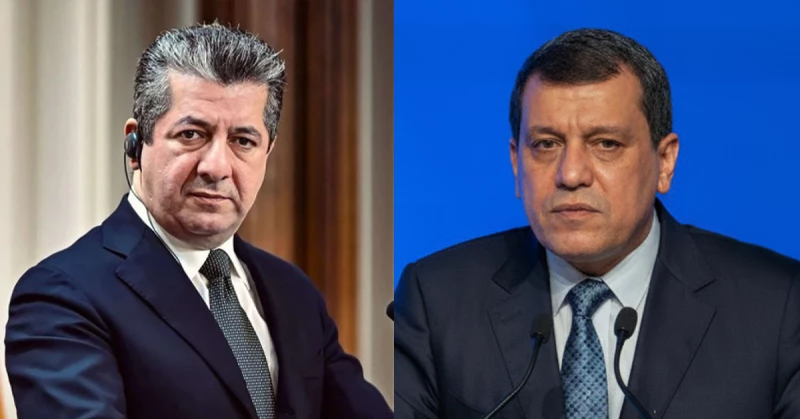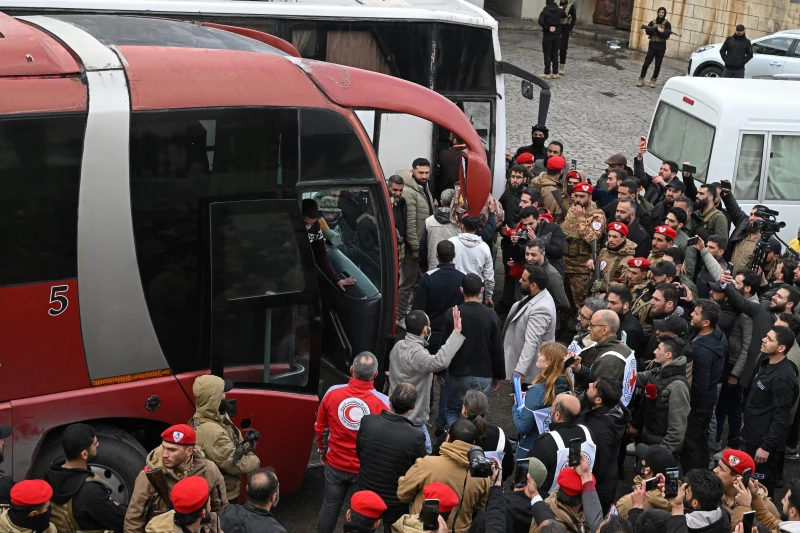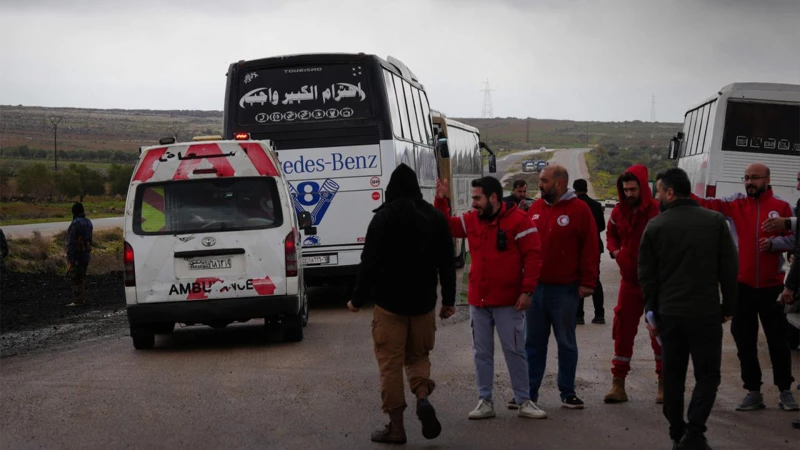ERBIL, Kurdistan Region of Iraq - New authorities in Damascus on Tuesday announced that they had reached an agreement with all the rebel groups on their dissolution and integration into the country’s defense forces, according to a statement carried by state-run SANA news agency.
Syria’s new leader, Ahmed al-Sharaa, gathered with heads of several armed factions in Damascus, but not representatives of the US-backed, Kurdish-led forces in northeastern Syria.
The meeting between Sharaa and the other rebel leaders "ended in an agreement on the dissolution of all the groups and their integration under the supervision of the Ministry of Defence,” according to SANA.
An 11-day sweeping rebel offensive spearheaded by Hay’at Tahrir al-Sham, and led by Sharaa brought a five-decade-long rule of the Assad family to an end on December 8.
Soon after the Damascus regime's downfall, opposition groups formed an interim government that would last until March 1 under Mohammed al-Bashir's leadership.
During a joint press conference with Turkey’s Foreign Minister Hakan Fidan on Sunday, Sharaa said all weapons in Syria would come under state control including those held by Kurdish-led forces.
Sharaa had said they would "absolutely not allow there to be weapons in the country outside state control, whether from the revolutionary factions or the factions present in the SDF area.”
The Syrian Democratic Forces (SDF), considered the Kurdish de facto army in Syria and the US’ primary ally in the fight against the Islamic State (ISIS) in the country, controls the bulk of northeastern and eastern regions of Syria, amounting to a quarter of the country's territory.
Today’s agreement in Damascus comes amid intensifying clashes between Turkey-backed Syrian opposition groups and the Kurdish-led SDF in northern Syria, especially in and around the city of Manbij.
Turkey considers the Kurdish forces, notably the People’s Protection Units (YPG), which is the backbone of the SDF, as inextricably linked to its domestic foe, the Kurdistan Workers' Party (PKK), however, the YPG insists that they merely subscribe to a similar ideology.
Turkey has repeatedly warned it would press on with military preparations in northern Syria against the SDF until they “disarm,” claiming that the Kurdish-led force is a security threat to Turkey.
In the Sunday meeting with Sharaa, Turkish Foreign Minister Fidan said that there would be "no place for the PKK/YPG in Syria."
The semi-autonomous Kurdish enclave in Syria, known as Rojava, is protected by local police, the YPG, and the Women’s Protection Units (YPJ), which later became part of the multi-ethnic and multi-religious SDF.
Ever since the fall of Assad, there have been no meetings between the new Damascus rulers and the Kurdish authorities of north and east Syria.

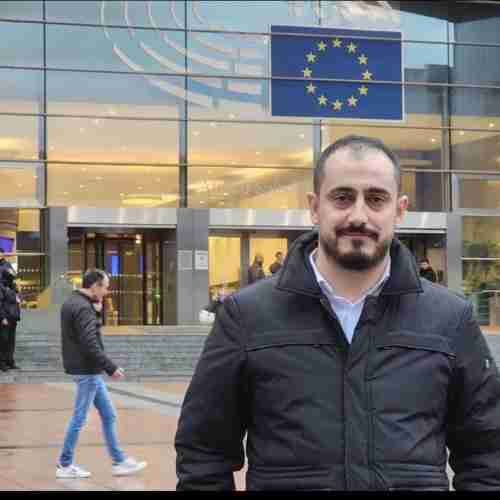
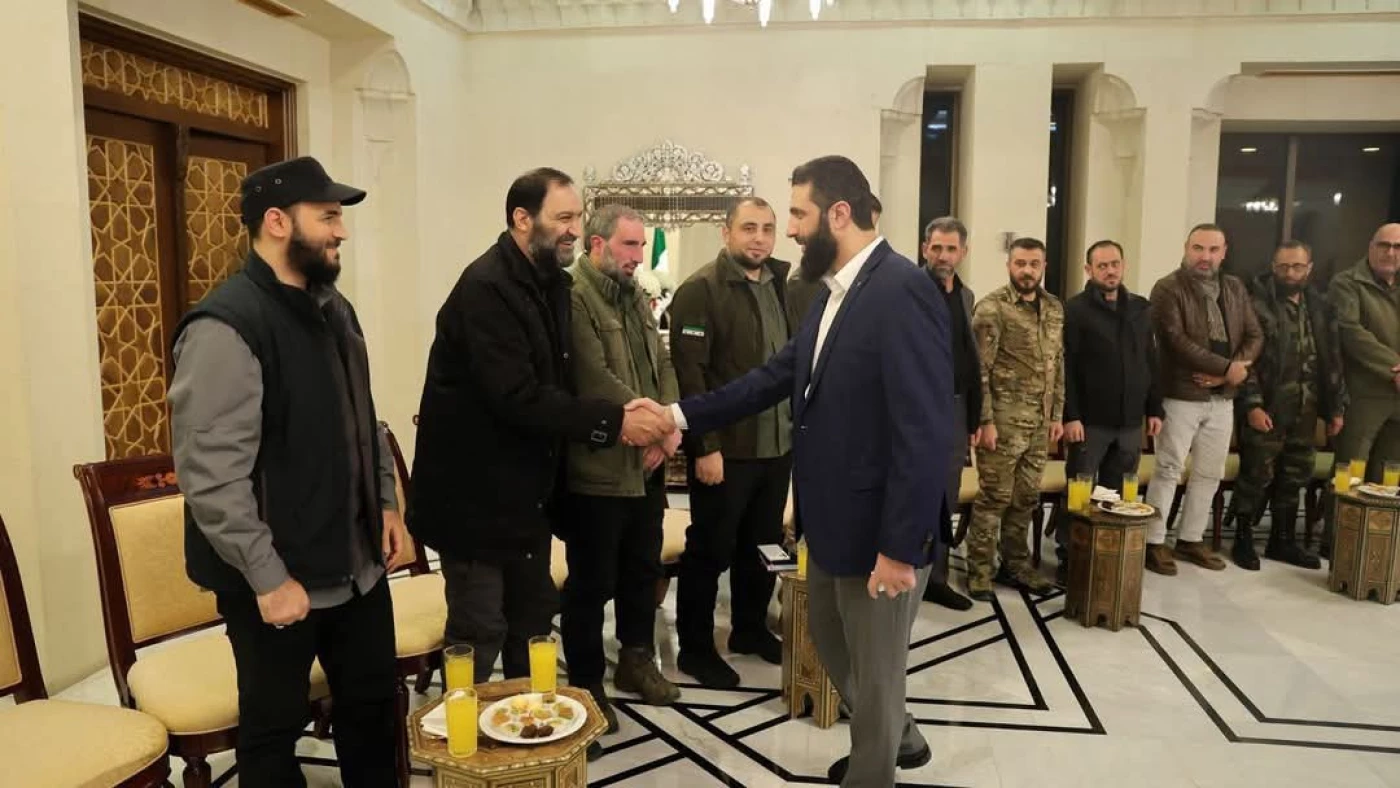
 Facebook
Facebook
 LinkedIn
LinkedIn
 Telegram
Telegram
 X
X
